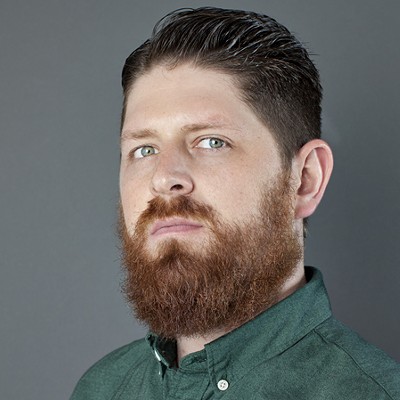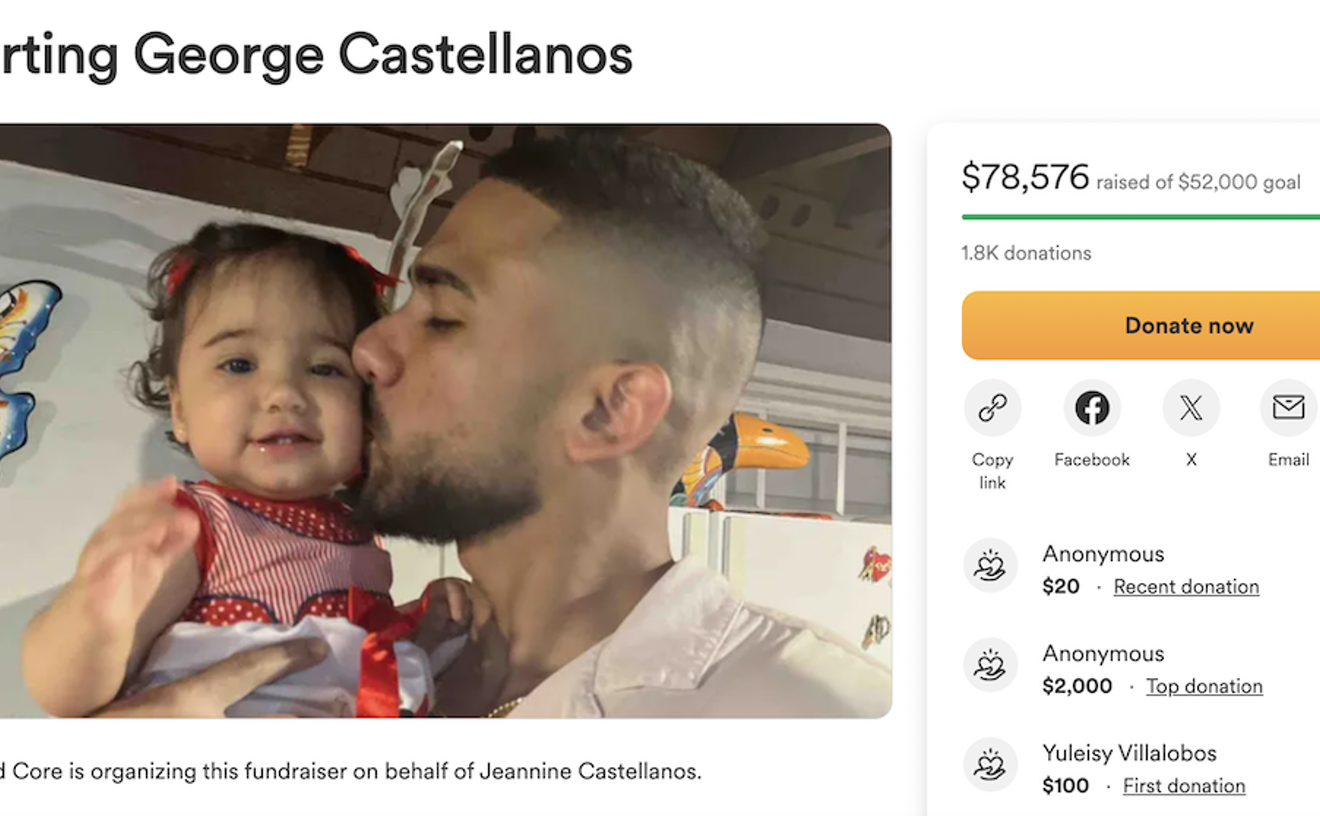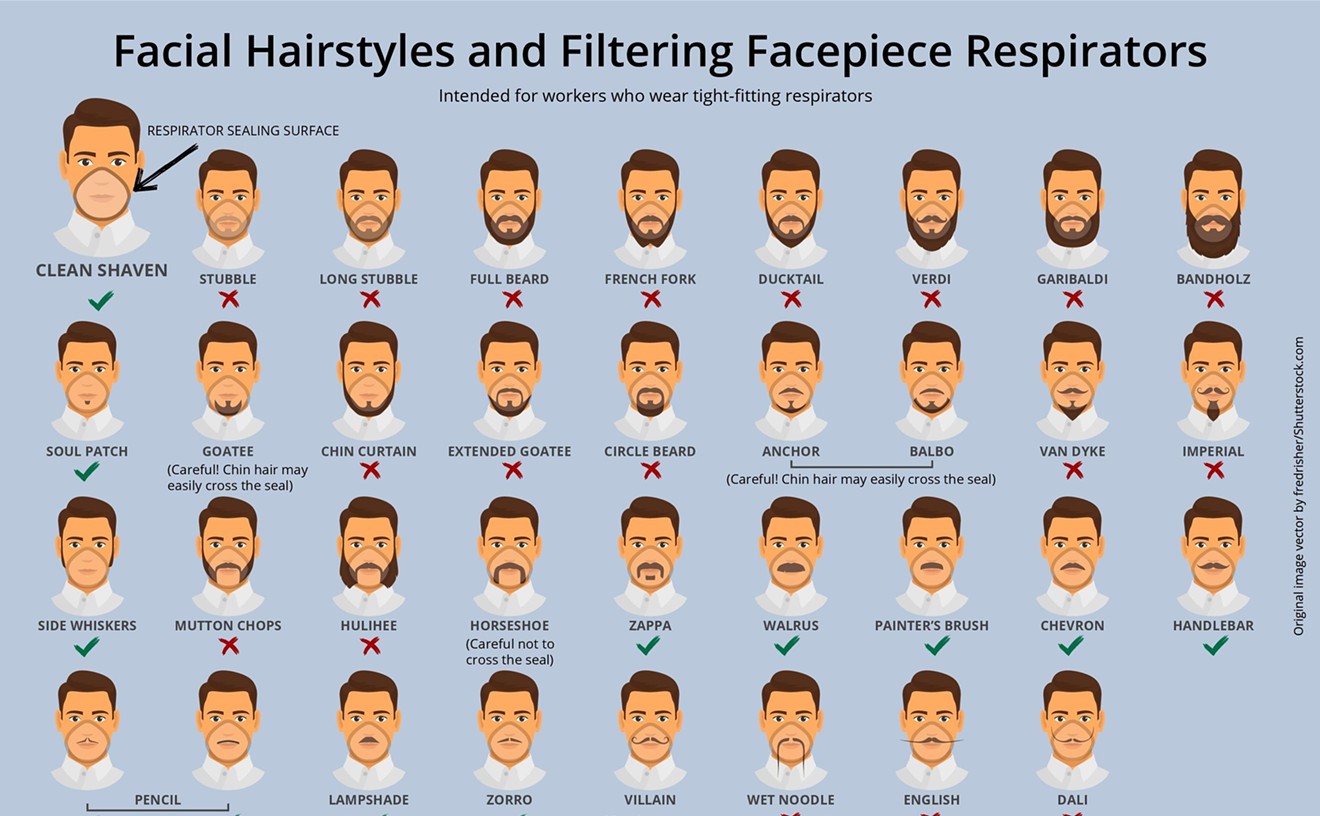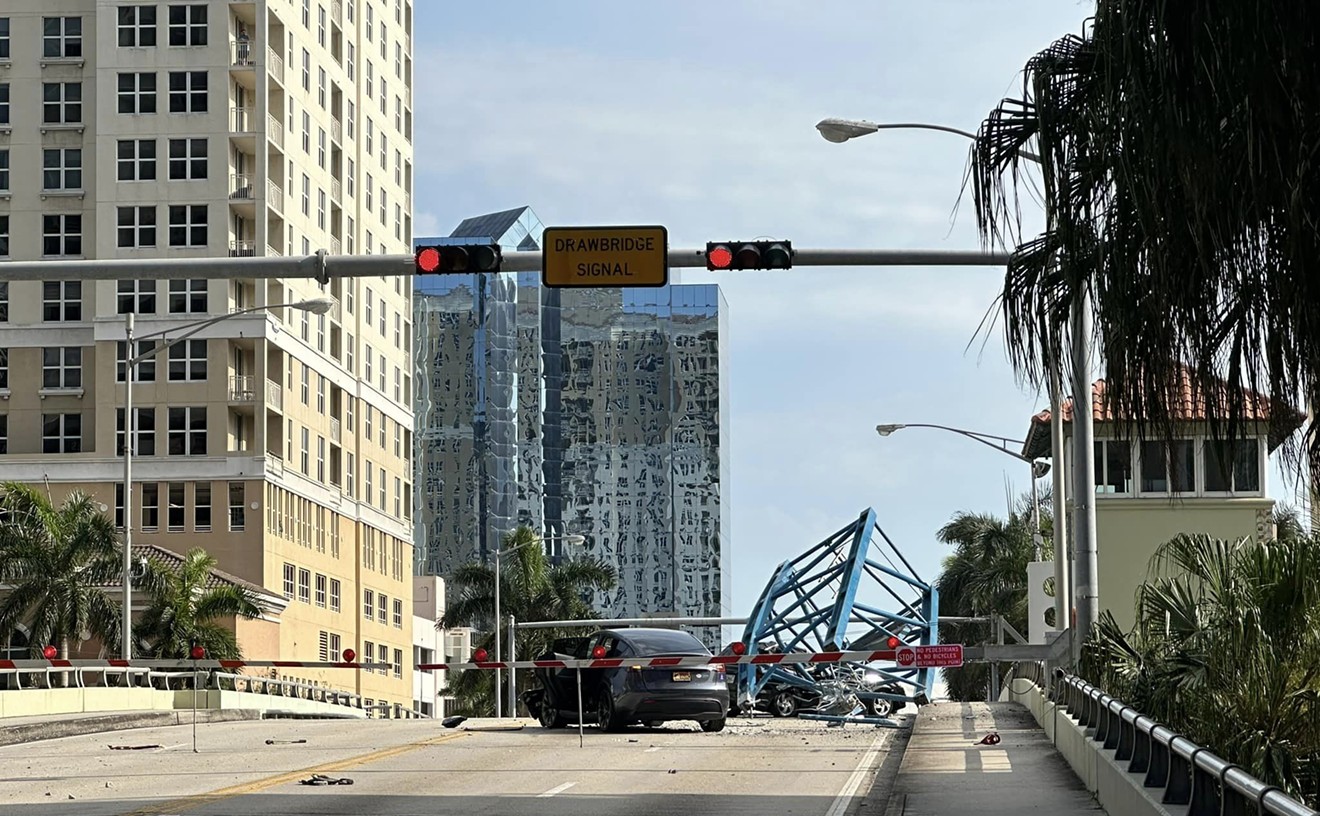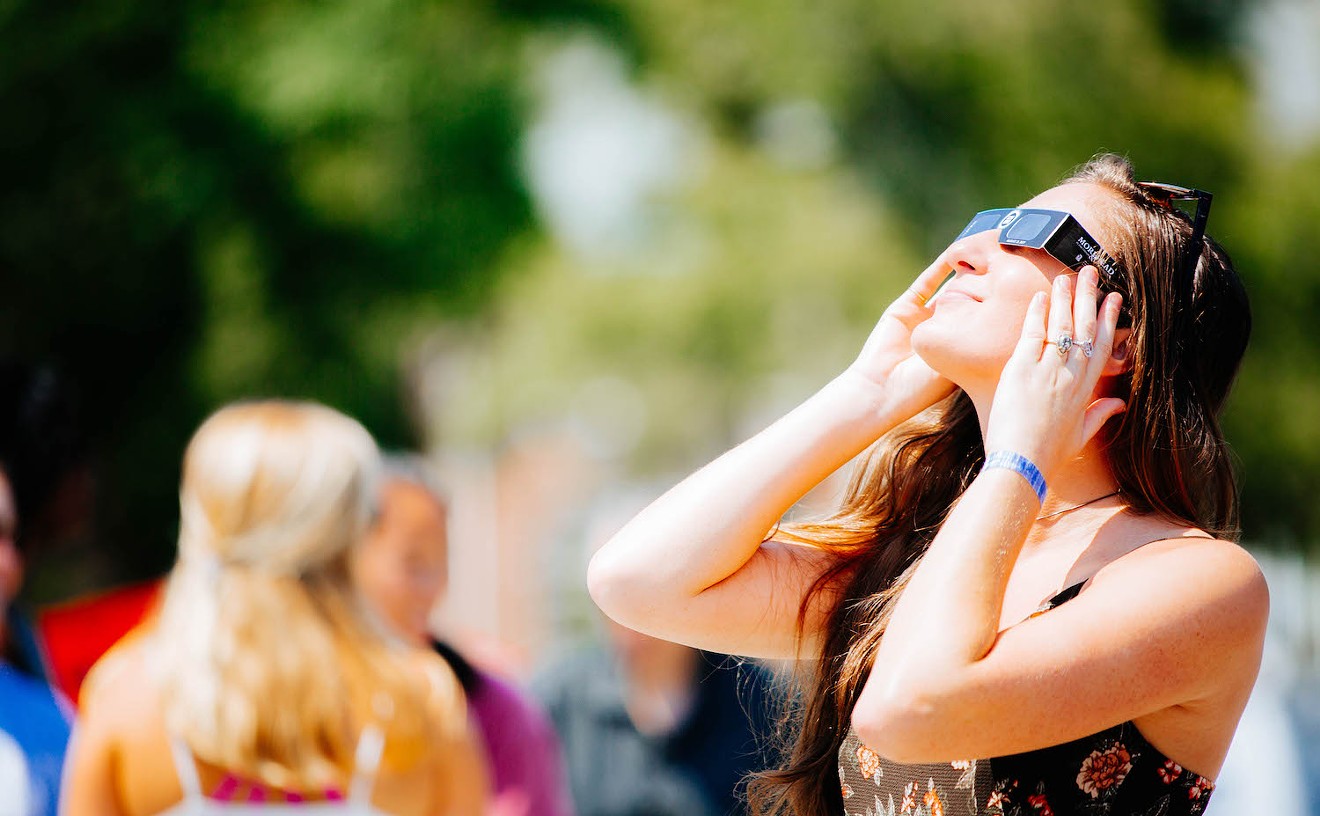At this late date in the evolution of gangsta rap and its offspring, any spitter blatantly boasting about his underworld drug connects is almost automatically considered a fake. Take the 305's Rick Ross. He claimed to be a kingpin. He turned out to be a Florida corrections officer.
But Demetrius "Big Meech" Flenory, his brother Terry Flenory, and the rest of the Black Mafia Family weren't bullshitting at all. Throughout the '90s and early 2000s, they were slanging both keys and beats on the streets of Atlanta. Mostly keys, though. And BMF was dropping bodies too. In the club.
Tonight at 7:30 p.m., author Mara Shalhoup will peddle her new 304-pager on the subject BMF: The Rise and Fall of Big Meech and the Black Mafia Family at Books & Books in Bal Harbour. And as a preview, the New Times and Shalhoup talked Meech, the Jeezy connection, Mexican cartels, million-dollar stash houses, and a drug dealer's dead rap dreams. Peep it below.
New Times: What was the Black Mafia Family?
Mara Shalhoup: Basically, it was two brothers -- Big Meech and Terry -- from Detroit who in the late '80s started slinging small amounts of cocaine. And over a period of ten years, they grew that into a quarter-billion dollar empire that was essentially responsible for the flow of cocaine into at least three major cities. It was really one of the largest American drug distributors of that era. But they also had this role in helping to launch the careers of some pretty well-known hip-hop artists, many of whom came up out of Atlanta where Big Meech was later based.
You mention the link to Southern rappers and Young Jeezy was the biggest one. How active was Big Meech in promoting Jeezy's career?
He was very instrumental in Jeezy's early career around 2003. What he did in Atlanta was promote a lot of parties for Jeezy and helped get his music spread around to all the stripclubs, which is how rappers would make it or break it. He supplied fancy cars and crazy medallion pendants for video shoots. And Jeezy was really open about his very tight relationship with Big Meech. You know, Jeezy shows up in all these promotional videos in which he's shouting out the Black Mafia Family and Meech.
But Young Jeezy was never signed to Meech's BMF Entertainment rap label.
No. Jeezy wound up obviously signing a deal with Def Jam and then he had his own label CTE. I know Meech would've wanted him to sign with BMF Entertainment. It might have been a source of tension between them. But Meech didn't really want to get into it. He only had kind words for Jeezy. And literally, when I asked Meech about the high point of 15 or 20 years at the top of the drug game, he said the best thing was helping Jeezy's career take off.
How legit was the business of BMF? It only had one artist, right? Bleu DaVinci?
I mean there's no denying that cocaine money funded the label and promotion company. That's pretty clear. I think, though, Meech really had genuine hope that he could transition out of the drug game into a legitimate enterprise. And that's not an unusual trajectory. It's somewhat of a cliché ... But, for him, it was maybe a matter of timing. He certainly was able to create massive buzz and that was in large part through massive amounts of money. But I think that he also had this charisma that was pretty much undeniable. People would either run the other way when these guys came into the club or be overjoyed because all the women would soon be drinking $600 bottles of champagne.
How exactly did the Flenory brothers get from the streets of Detroit to the suburbs of Atlanta?
Well, it's pretty interesting. A couple of things happened along the way. One, they wound up getting hooked up with a major, major drug supplier with direct or one-step-away ties to the Mexican cartels. They had access to vast amounts of cocaine. And that was through years of cultivating reputations as top-of-the-line drug dealers in Detroit. And two, Terry actually had a bullet graze his eye and the doctors messed up the surgery. So he got this settlement and wound up launching this car service in Detroit. And that sort of formed the foundation of what would become this elaborate transport system shuttling cocaine across the country. I mean, the cars were outfitted with these traps installed where you would have to like put the car in reverse, turn on the defrost, and hold up a magnet to some part of the dash for secret, deoxygenated drug compartments to open.
Now, the actual move to Atlanta ... Did that happen for distribution purposes?
Well, Terry actually moved from Detroit to LA. He did spend some time in Atlanta, too. He had a property called the White House that he and Meech had shared at a point. But then Terry took it over. There was a drug lab there. And there was a stash house where they'd have like 100 kilos lined up in the basement. Meech, though, had a real love for Atlanta. He moved there when he was fairly young, probably the early '90s. And basically, if you ask the DEA or the task force agents, they'll say: "All the coke on the streets of Atlanta came from BMF." They just came in and took it over. But Atlanta was also this hub and they had labs there and they would cut the kilos and then send them off to Miami, Detroit, St. Louis, New York, certain parts of South Carolina, Tenessee, and LA.
You spoke to Big Meech himself. What were those interviews like?
He was actually the most charming interview. I mean you sit down with him and it feels like you're hanging out at a bar with a friend. He's obviously this charismatic leader. I don't doubt that he's got different faces he might turn on for different people and he's super-smart and shrewd. But also he's utterly charming and charismatic and easygoing and just a natural storyteller. So it was a pretty easy interview. I mean there was some things where he was like, "You know I can't talk about that." But all in all I think he was just eager for his side of things to be heard.
What generally drove Big Meech to seek out a bigger and bigger public profile? Wouldn't it have been safer to stay out of view?
Right. It seems like by blowing it all up like that you'd really be putting yourself in the eyes of pretty much any law enforcement agent. It's not typical drug kingpin behavior. You know, part of me thinks that there's just ego and bravado in there. But I think he really thought it was the only way he was going to transition out of being a drug dealer. That's what he says. And he thought that he had created a situation where he could not have gotten busted. To him, it was like, "If I don't talk on the phone and if I don't surround myself with people who are willing to turn on me ..." You know, the ten crack commandments. He thought he had made himself super-insulated to the point that he could flaunt it a little bit. And it was sort of a matter of timing. The timing was obviously off. But Meech thought he would attract enough attention that some big rapper would make a lot of money and he could retire from selling drugs.
How did the Black Mafia Family finally get busted?
There wasn't this one big dramatic bust. You don't get Meech in a room with any kind of wires or anything. They couldn't get a wiretap on him. They tried and they got really close. But the evidence piled up really, really strong against his brother. They had people who were willing to turn on Terry. They had Terry on a wiretap and he did talk business on the phone. But what the Feds didn't realize at the time they landed the indictment was that the brothers had very much split off from each other. They were not operating the same organization anymore. And that did become clear to them after the indictment.
Eventually, though, three years after the indictment, they were about to go to trial and something came up that I didn't have access to. I have a feeling that there were a couple people who could have given enough to link Meech to his brother's conspiracy. Meech had tried and failed to have his case split off. You know, if the jury hadn't been there listening to all the evidence pile up against Terry, Meech might have had an easier time beating some of the charges. But once he couldn't get severed from the case, I think he probably realized that he was done.
Are there elements of the Family still on the streets, running drugs?
For a little while after Meech and Terry and others were incarcerated, there was still a good bit of activity. But the Feds were taking all their cars, shutting down all their labs, and I would assume that their distributor at that point wouldn't be doing business with them anymore. But eventually they got pretty much everybody. I mean, we're talking 150 defendants in six states. Right now, though, there's an interesting phenomenon in Detroit where certain street-level or slightly above street-level criminals are claiming to be BMF. I don't whether they're claiming it as this gang or brand or this thing that has a certain cache.
Where's Meech right now and how long is his sentence?
He's in Jessup, Georgia between Atlanta and Savannah in a federal prison. And he's on year 5 or 6 of a 30 year sentence.
Author Mara Shalhoup presents BMF: The Rise and Fall of Big Meech and the Black Mafia Family. Books & Books, 9700 Collins Ave., Bal Harbour. The author event starts at 7:30 p.m. and it's free. Visit booksandbooks.com.


